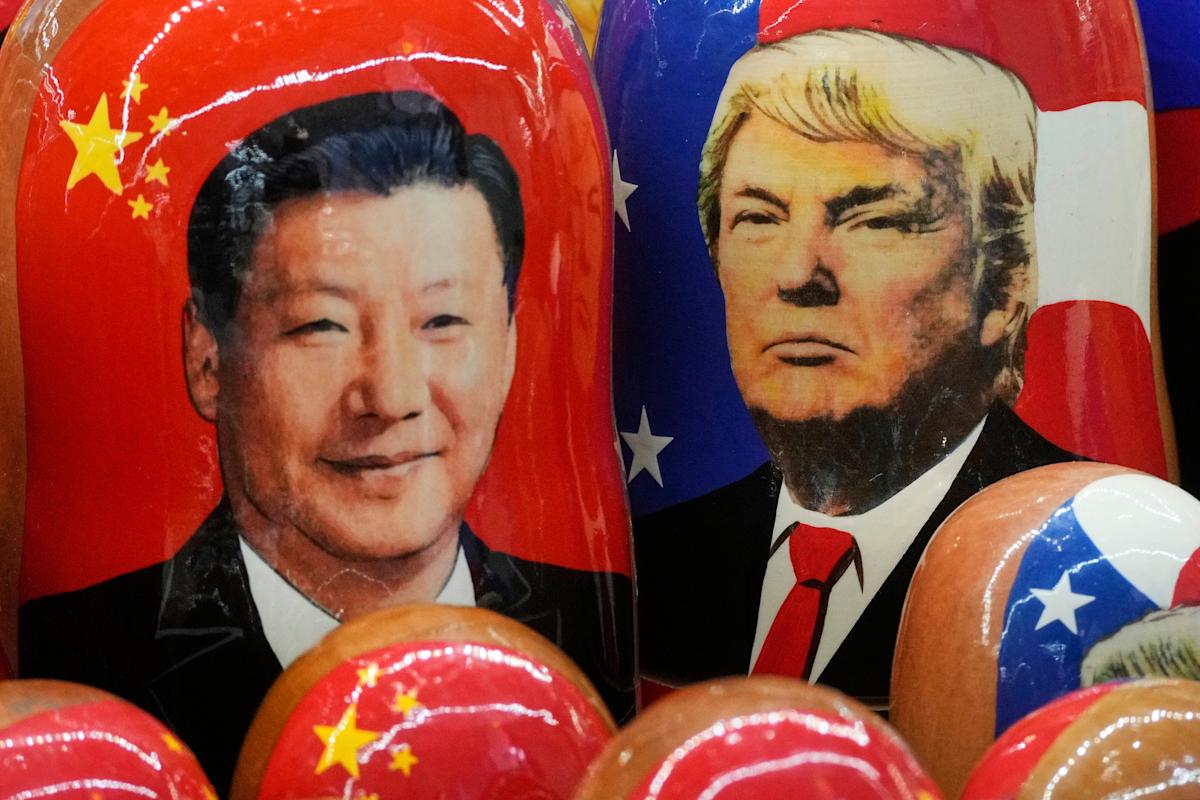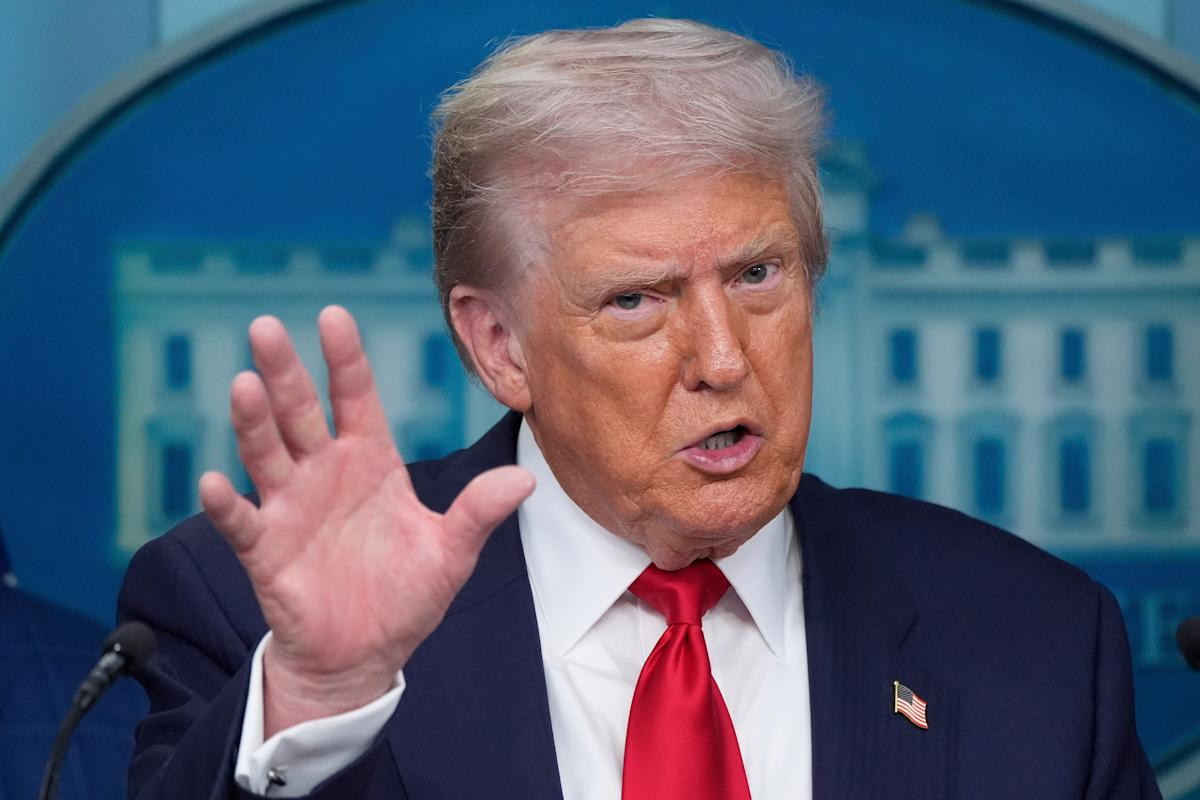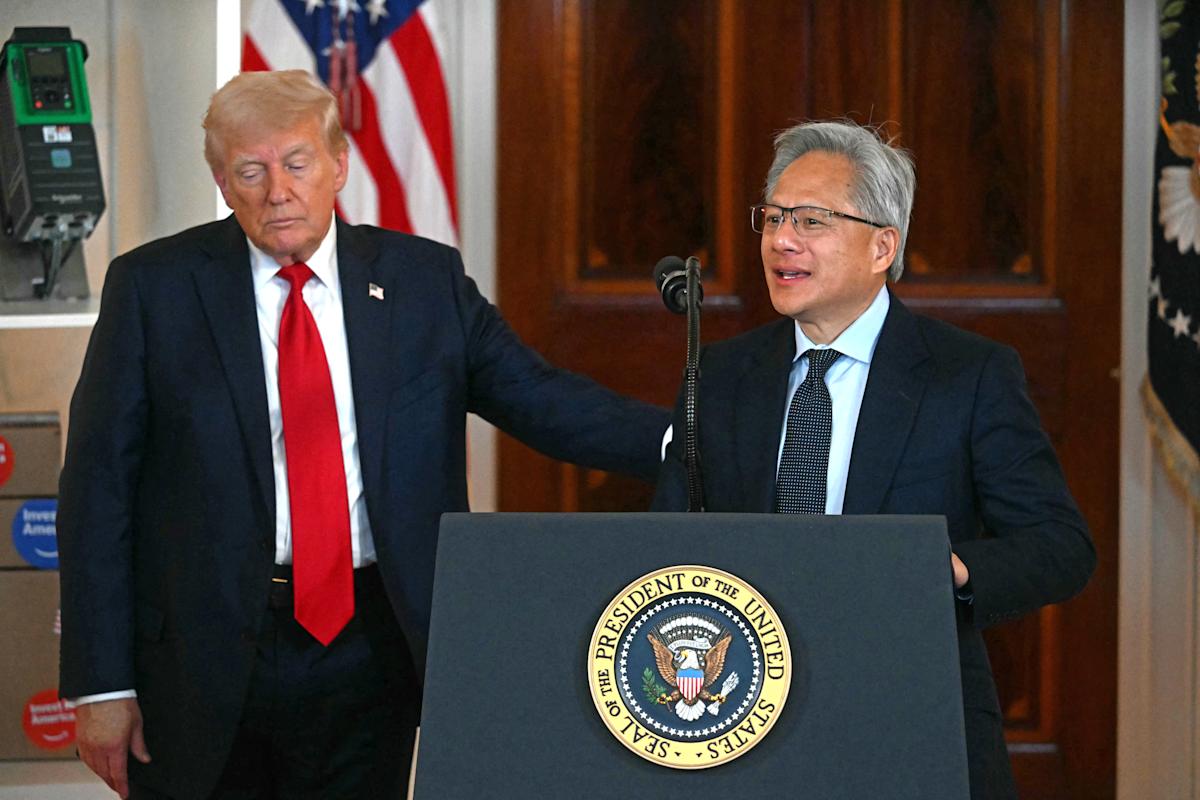Trump's Tariff Strategy Faces Legal Hurdles

Court Ruling and Its Impact
A federal court has delivered a significant blow to former President Donald Trump's trade policy by blocking tariffs imposed under the International Emergency Economic Powers Act (IEEPA). The court ruled that Trump's broad application of the IEEPA overstepped its intended scope, which is limited to addressing genuine national emergencies. The decision invalidates a wide range of tariffs imposed under the guise of economic emergencies, such as trade deficits or fentanyl trafficking, and mandates the cessation of new tariff collections within 10 days.
This ruling undermines a cornerstone of Trump's trade strategy, which relied on the IEEPA's flexibility to impose sweeping tariffs quickly. It creates legal uncertainty for existing tariffs, reducing their effective rate significantly. Bloomberg Economics estimates that the blocked tariffs could lower the average U.S. tariff rate from as high as 27% to around 6%. This not only weakens the administration's leverage in ongoing trade negotiations but also complicates efforts to use tariffs as a tool for economic or geopolitical pressure.
Alternative Legal Avenues for Tariffs
Despite the setback, other legal mechanisms remain available for imposing tariffs. The most notable options are Section 232 of the Trade Expansion Act of 1962 and Section 301 of the Trade Act of 1974. Section 232 allows tariffs on imports deemed a threat to national security, while Section 301 targets unfair trade practices, such as intellectual property theft or market access restrictions.
However, these avenues come with challenges. Section 232 investigations are time-intensive, often taking up to 270 days to complete, and require substantial documentation to justify their national security implications. Similarly, Section 301 actions necessitate detailed investigations into trade practices and are subject to public comment periods. While these tools provide legal durability, their procedural requirements can delay implementation, limiting their utility for rapid responses. As a result, any attempt to reinstate tariffs through these channels would likely extend well into the next year, delaying economic impact and political benefits.
Broader Implications for Trade Policy
The court's decision has far-reaching consequences for U.S. trade policy and global economic relations. It emboldens trading partners like China, Canada, and the European Union, who may feel less compelled to concede in trade negotiations. Additionally, it sends a signal that U.S. tariff policies are vulnerable to legal challenges, potentially weakening the country's leverage in future trade disputes.
To restore credibility, strategic adjustments will be necessary. The administration may need to focus on narrowly targeted tariffs backed by robust legal justifications. This approach would involve longer timelines but could withstand judicial scrutiny and bolster the U.S.'s negotiating position. The ruling also underscores the need for a consistent and transparent trade policy framework that balances economic interests with legal constraints, ensuring sustainable trade relationships in a volatile global economy.
 Sources
Sources- Trump Appeal Tariffs Mulling Ways Implement
 yahoo
yahoo - Commentary: Trump's trade war backfires
 yahoo
yahoo - laws Trump use re-impose tariffs (and both)
 yahoo
yahoo - Trump tariffs live updates: Appeals court allows tariffs to stay in effect after trade court rebuke
 yahoo
yahoo
Top News
Related Articles
- Trump Appeal Tariffs Mulling Ways Implement
 yahoo
yahoo - Commentary: Trump's trade war backfires
 yahoo
yahoo - laws Trump use re-impose tariffs (and both)
 yahoo
yahoo - Trump tariffs live updates: Appeals court allows tariffs to stay in effect after trade court rebuke
 yahoo
yahoo
People Also Watch

















